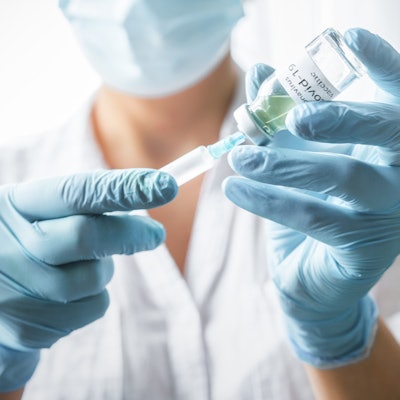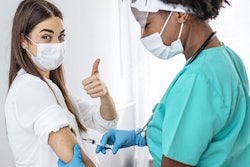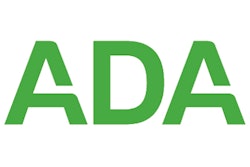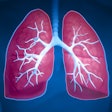
Now is an opportune time for dentists to leverage the momentum and experience providers have gained in administering vaccinations during the COVID-19 pandemic to ensure the profession can continue to offer this service, according to a guest editorial published on August 18 in the Journal of the American Dental Association.
The COVID-19 pandemic may have served as an unforeseen catalyst for facilitating oral healthcare providers' roles in providing vaccinations, as they were called to aid in public health efforts by administering the COVID-19 vaccine to patients and the public.
As part of the COVID-19 emergency declaration, the U.S. Department of Health and Human Services (HHS) authorized dentists as vaccinators through the Public Readiness and Emergency Preparedness Act (PREP Act). Although the HHS extended its declaration of the COVID-19 emergency for three additional months in July, the emergency declaration will expire at some point.
"These authorizations have provided an opportunity for oral health care professionals to become further integrated into the overall health care system by increasing their direct role in general health promotion," Dr. Darien Weatherspoon, MPH, of the University of Maryland and Dr. Bruce Dye, MPH, of the University of Colorado Anschutz Medical Campus wrote.
5 ways dentists can push for vaccination privileges
Prior to the PREP Act authorization, several states independently authorized dentists to administer the vaccine, and at least 20 states had authorized dental hygienists to administer vaccines. To ensure the dental profession continues its role in administering vaccines, the authors recommend action in the following five areas.
1. Current dental terminology codes
Current Code on Dental Procedures and Nomenclature (CDT) codes have been approved for administering the COVID-19 vaccine and the HPV vaccine, potentially allowing dentists to have a larger role in HPV-associated oral cancer prevention.
"This momentum must continue with the inclusion of CDT codes for administration of the seasonal influenza vaccine," wrote Weatherspoon and Dye.
Having CDT codes for administering multiple vaccines should increase the likelihood of adopting their delivery in dental offices. Taken together, these three vaccines (COVID-19, HPV, and seasonal influenza) can add economic scale that can further the likelihood of oral healthcare providers becoming vaccine administrators.
2. State dental practice acts
When the PREP Act and individual state emergency plans expire, it will be crucial to update state practices allowing dental professionals to administer critical vaccines. In doing so, public health will be further protected, person-centered healthcare will be further facilitated, and the overall healthcare system will be further supported.
The study authors encourage all states to include dental hygienists as authorized providers to administer the COVID-19 vaccine. Given the amount of time dental hygienists spend with patients during preventative visits, including them as vaccinators will allow for greater flexibility in vaccine delivery.
3. Resources to train vaccination providers
Weatherspoon and Dye recommend developing a centralized information warehouse to build on the ADA's COVID-19 Vaccine Administration Training and Educational Resources guide. The authors suggest adding other state-specific resources that could be used to help oral healthcare providers who wish to become vaccination providers. This resource should be updated frequently and properly maintained.
4. Reimbursement and liability coverage
Dental and medical insurance companies will need to reimburse oral healthcare providers who provide vaccine administration. Providing in-office vaccination will require initial start-up costs, adjustments to practice flow, and additional time from providers.
In addition, as vaccine administration becomes an established service offered by oral healthcare professionals, dental malpractice carriers will need to update their policies to cover providers administering vaccines.
5. Dental school training and continuing education
Many dental students have received training and provided COVID-19 vaccinations during the pandemic. As dental schools continue to integrate interprofessional experiences into their curriculum, Weatherspoon and Dye encourage them to build on experiences during the pandemic to further implement vaccine administration education and training.
To provide dentists and dental hygienists with training in vaccine administration, continuing education courses should be developed to cover both the technical aspects and state-specific administrative processes of administering vaccines.
"As we continue to move toward more integrated health care practice models, oral health care professionals have an opportunity to play an increasingly important role in promoting the overall health of the public, ensuring that oral health care is essential health care," Weatherspoon and Dye concluded.



















